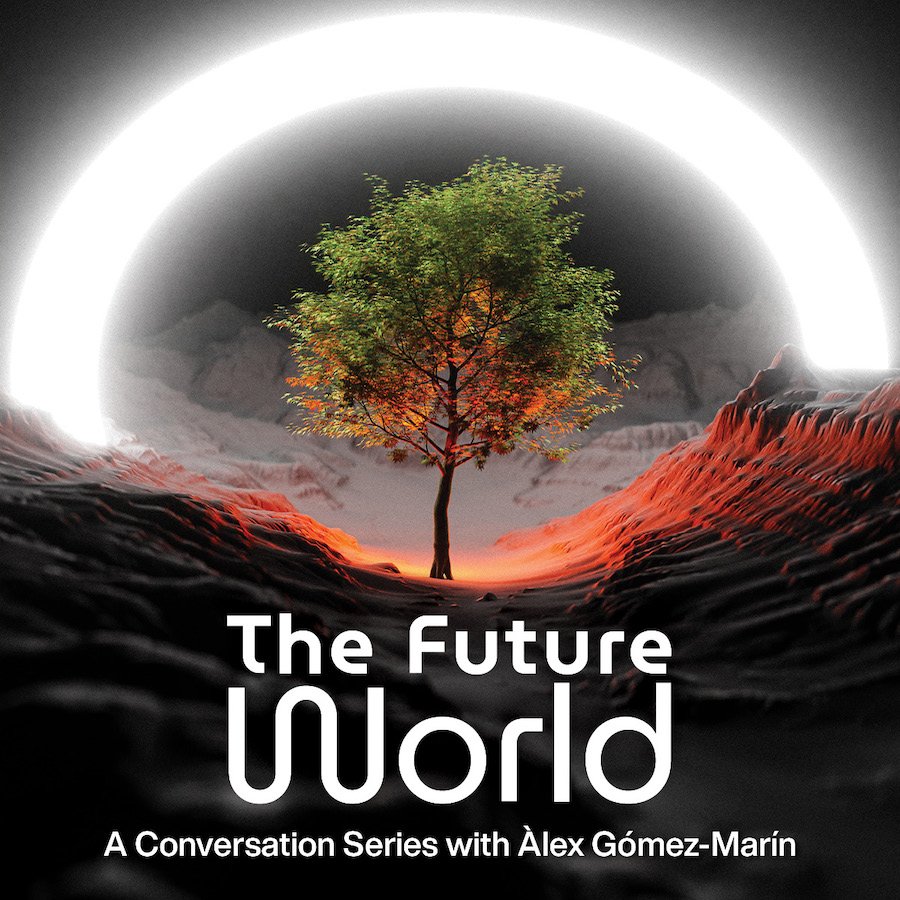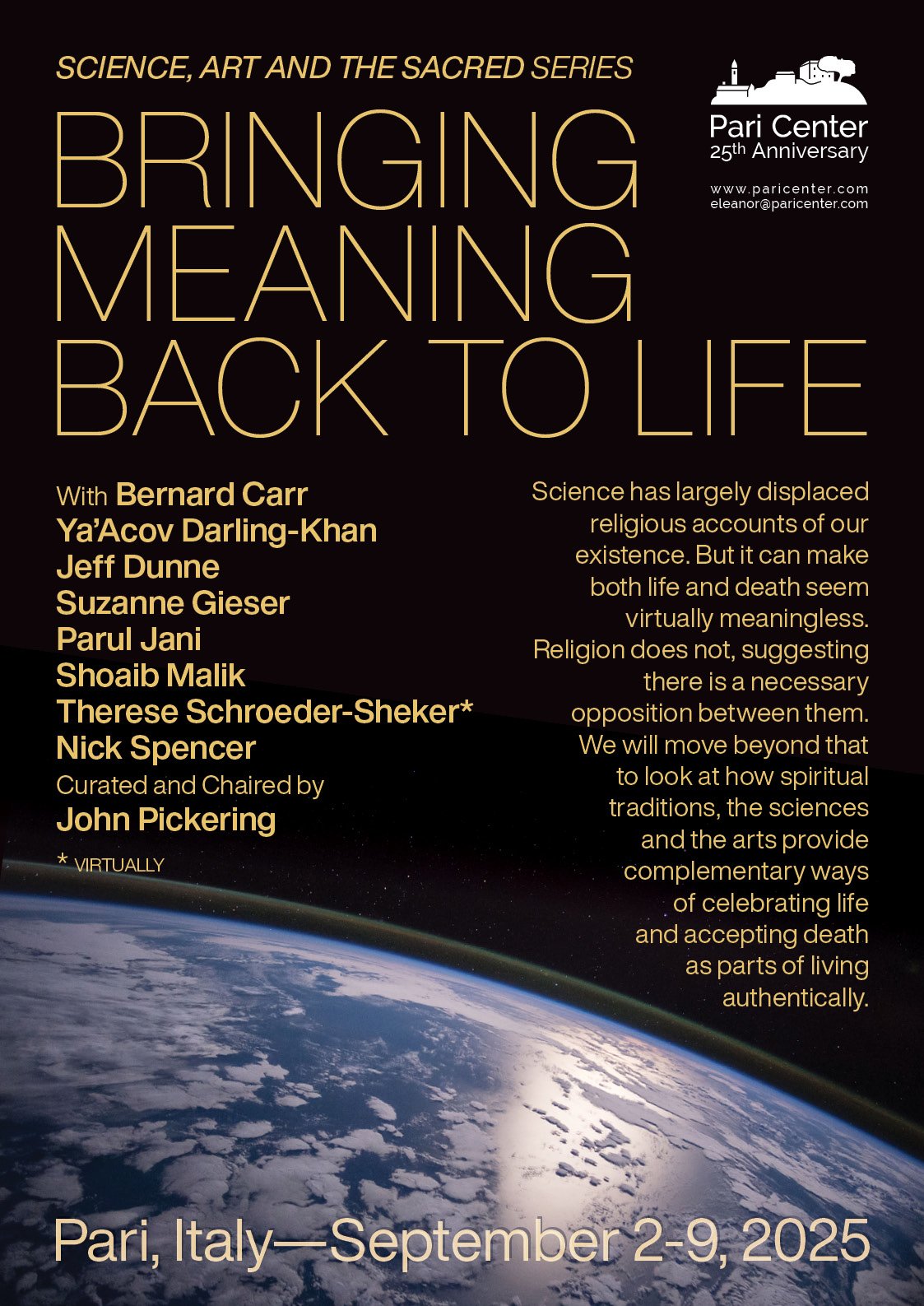Your cart is currently empty!

Beyond Bohm 2025, Part 2 – Introduction to Bohm’s physics
Introduction to Bohm’s physics with Jonathan Allday Saturday August 29:00am PDT | 12:00pm EDT | 5:00pm BST | 6:00pm CEST 2-hour session. The session is live and you will be sent the RECORDING. David Bohm’s work in physics spanned a range of areas and interests, but he always came back to the foundations of quantum theory. […]


